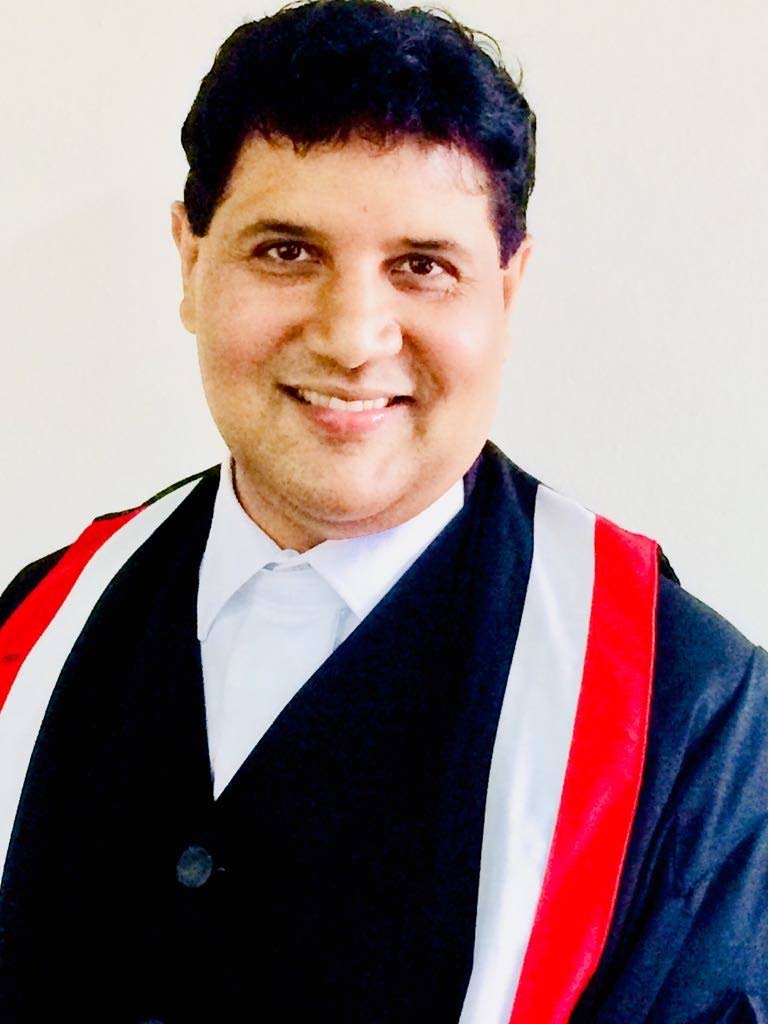Judge: Supreme Court, not Industrial Court, to hear certain disputes over public servants

A HIGH COURT judge has dismissed a construction summons brought by the Public Service Association (PSA) to have a special tribunal of the Industrial Court (IC) hear disputes relating to appointments, transfers or promotions of civil servants, rather than the Supreme Court.
In a decision delivered during a virtual hearing on Monday, Justice Frank Seepersad held that the power exercised by the Public Service Commission (PSC) on the issues raised by the union was distinct and separate from the functions of the Personnel Department (PD) to deal with terms and conditions of employment, and the special tribunal of the IC.
The PSA had asked the court to interpret section 14 of the Civil Service Act and the corresponding regulations to determine if a special tribunal had jurisdiction to hear and determine trade disputes arising from disputes dealing with appointments, transfers and promotions of civil servants.
The judge was also asked to determine if the words “any grievances” referred to all grievances civil servants may have with their terms and conditions of employment, in particular the three issues it raised.
In his decision, Seepersad said disputes on appointments, transfers or promotions were not justiciable (subject to a trial) before a special tribunal.
“In addition the term ‘any grievance’ has to be limited to the language and scope of the act and does not include all grievances of a civil servant and in particular does not include issues which relate to the appointment, transfer or promotion of a civil servant,” he said.
Seepersad said the special tribunal was a creature of statute and “there simply exists no statutory authorisation for the special tribunal to review decisions of the PSC with respect to appointments, transfers or promotions of civil servants.
“That responsibility must be discharged by judges of the Supreme Court upon whom rests the obligation to fearlessly defend the Constitution and protect the entrenched rights of all citizens.
“Under the act, matters which relate to the terms and conditions of civil servants are within the remit of the Personnel Department exclusively just as matters which relate to the appointments, transfers or promotions of civil servants fall within the exclusive remit of the PSC.”
He said the Supreme Court played a pivotal role in ensuring that civil servants were treated with equality, reasonableness and procedural fairness.
“This supervisory jurisdiction is not one which it should arbitrarily remove from its exclusive remit. It must also be remembered that the members of the special tribunal are selected from among the members of the Industrial Court who do not enjoy security of tenure and their appointments are not insulated from executive influence.”
He said the review of such disputes requires interpretation and application of complex administrative and constitutional law concepts and, at times, declaratory relief.
“The statutory framework which establishes the special tribunal does not specify that all selected members must be lawyers and persons who lack legal qualification and specialisation should not be tasked with the mandate to adjudicate upon complicated legal issues.”
The PSA was represented by Lloyd Elcock and Gorgonia Auguste. Amrita Ramsook and Karlene Seenath represented the Chief Personnel Officer. The PSC was represented by Nadine Nabie and Michelle Benjamin.


Comments
"Judge: Supreme Court, not Industrial Court, to hear certain disputes over public servants"